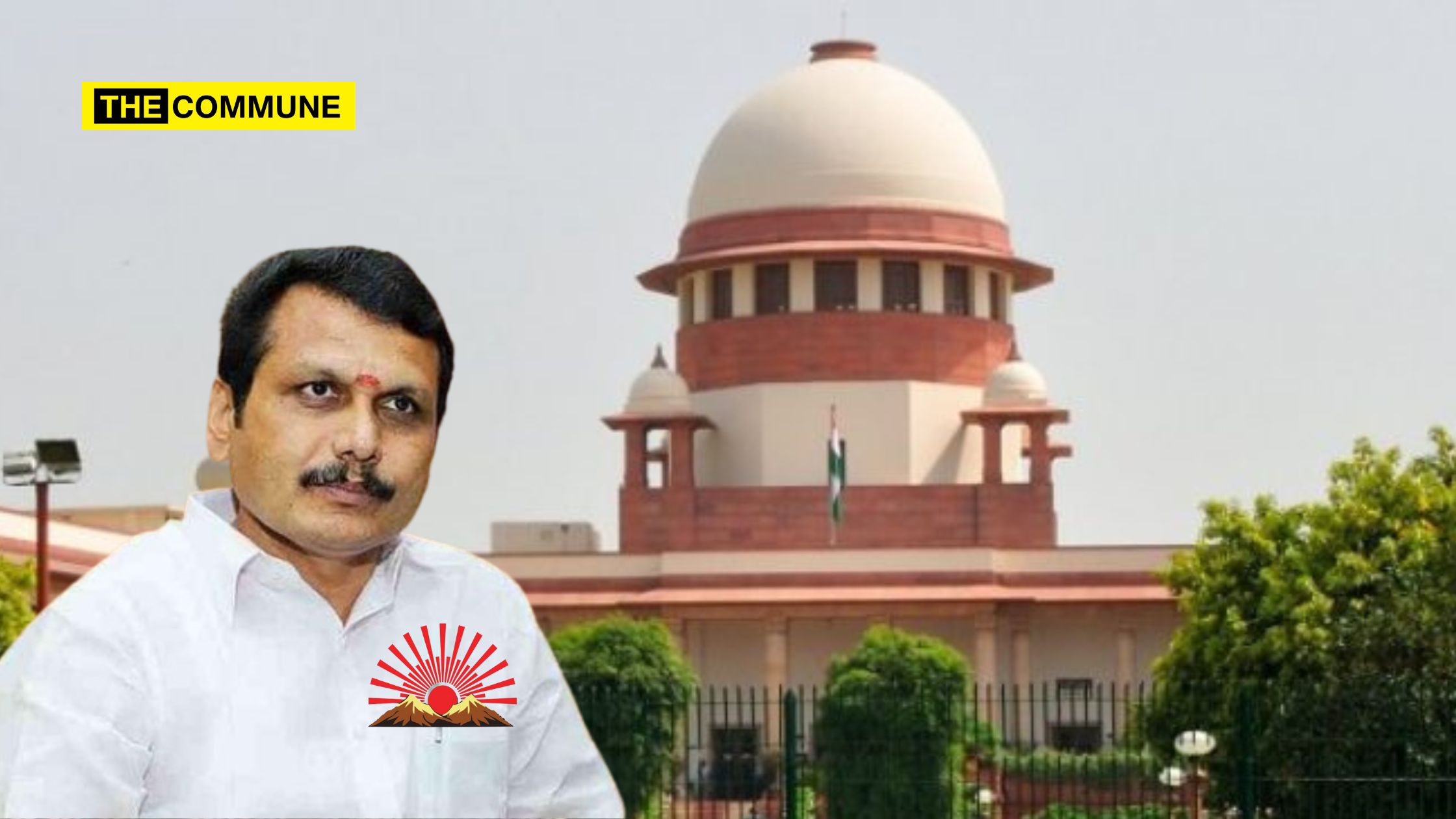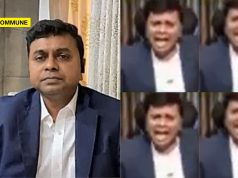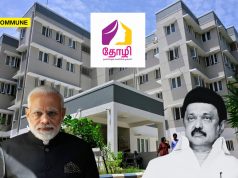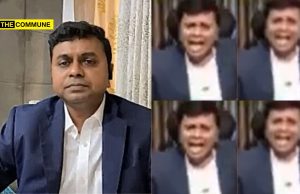
On 20 December 2024, a bench of the Supreme Court, comprising Justice Abhay S Oka and Justice Augustine George Masih, issued a notice to the Tamil Nadu government, directing it to provide details regarding the pending cases against DMK Minister Senthil Balaji. The Court also sought information on the number of witnesses involved, differentiating between public servants and other victims.
This order was issued in response to a petition challenging the Court’s earlier decision that granted bail to Minister Senthil Balaji in a money laundering case connected to the alleged cash-for-jobs scam. The Enforcement Directorate (ED) argued that Balaji’s reappointment as a Cabinet Minister after his release had put undue pressure on the witnesses.
During the proceedings, Solicitor General Tushar Mehta, representing the ED, pointed out that although in jail, Balaji wielded considerable influence as a minister without a portfolio, highlighting his political power within the state. In contrast, Senior Advocate Kapil Sibal, defending Balaji, countered by stating, “There are many individuals in any state who hold substantial power, even without a portfolio.”
Justice Oka raised concerns regarding the potential impact on victims, saying, “We need to know from the state how many victims are involved. If the number is large, then with him holding the cabinet minister position, what will happen to those victims?”
Senior Advocate Gopal Sankaranarayanan added that most of the prosecution’s witnesses were public servants from the Tamil Nadu government, where Balaji holds multiple ministerial portfolios. He also referenced the case of Arvind Kejriwal, where strict bail conditions were imposed, including barring him from visiting the Chief Minister’s office and the Delhi Secretariat.
Justice Oka acknowledged the importance of both public servants and ordinary citizens as witnesses in the case, stating, “We have reviewed the details of the trials. Common people, from whom money was taken, are witnesses. Civil servants are also witnesses. We will issue a notice to the state to ascertain how many witnesses there are and who they are.”
Both Sankaranarayanan and Solicitor General Mehta argued that Balaji’s bail had led to delays in the trial process, citing the absence of a key forensic witness, PW4, who failed to appear in court after Balaji’s release.
Justice Oka expressed frustration over the events of 2 December, when Senior Advocate Sidharth Luthra, representing Balaji, had requested the Court not issue a notice, stating he would take instructions. While the Court had initially shown interest in issuing a notice, due to Balaji’s ministerial appointment shortly after his bail, it ultimately refrained after Luthra’s assurance.
Justice Oka criticized this statement: “‘Don’t issue notice, I will take instructions’—what does that mean? Don’t take this court for a ride. We were about to issue a notice but changed our order based on that statement. We are concerned about this. After this counsel makes a statement, there is a change in counsel. We cannot forget what happened in court that day. What does ‘taking instructions’ mean from your experience?”
Sibal apologized, and Justice Oka remarked, “We will examine this matter, but we are left with the impression that someone has misled this court.”
Sankaranarayanan pointed out that Balaji’s bail was granted due to a change in circumstances, implying that the Court had initially believed Balaji to be a layman. However, Justice Oka dismissed this interpretation, stating, “We were not under that impression. Please do not attribute that to us. The reasons for granting bail are clearly outlined in our order.” He explained that the bail was granted primarily due to delays in the trial, and noted that other accused individuals in the PMLA case had been given similar relief.
Justice Oka further commented, “It can’t be assumed that just because a person is released and then becomes a Minister, there is something wrong. There are situations where someone might be falsely implicated. We need to examine the specific facts of this case.” The Court then scheduled the next hearing for 15 January 2025.
Case Background
On 26 September, the Supreme Court granted bail to DMK minister Senthil Balaji, acknowledging a prima facie case against him. The Court’s decision was based on Balaji’s extended detention since June 2023 and the unlikely prospect of the trial starting anytime soon. It also underscored the importance of the right to a speedy trial, particularly in cases involving special statutes with strict bail conditions.
On 29 September, Balaji was sworn in as a Cabinet Minister under Chief Minister MK Stalin, assuming responsibility for the Electricity, Non-Conventional Energy Development, and Prohibition & Excise portfolios.
On 2 December, the Supreme Court expressed its surprise at Balaji’s appointment to a ministerial position so soon after being granted bail. While the Court did not retract its bail decision, it confined its inquiry to whether Balaji’s role as a minister might influence witnesses in the ongoing case.
In an affidavit filed on 13 December, the Enforcement Directorate (ED) raised alarms about Balaji’s swift reappointment to the Cabinet within 48 hours of his release. The ED noted that Balaji had held a ministerial post without portfolio during his eight-month imprisonment and had only resigned just before his bail hearing at the High Court.
The ED expressed concerns that Balaji could exert undue influence over witnesses, many of whom had worked under him when he served as Transport Minister. The affidavit also pointed to delays in the trial, including the extended cross-examination of a key forensic witness, PW4, and accused Balaji of using adjournments, requests for cloned digital evidence, and changes in legal representation to slow down proceedings.
Additionally, the ED suggested that Balaji’s actions undermined the Supreme Court’s directive to expedite the trial, implying that he deliberately obstructed the legal process and disregarded the Court’s orders.
(With Inputs From Live Law)
Subscribe to our Telegram, WhatsApp, and Instagram channels and get the best stories of the day delivered to you personally.




